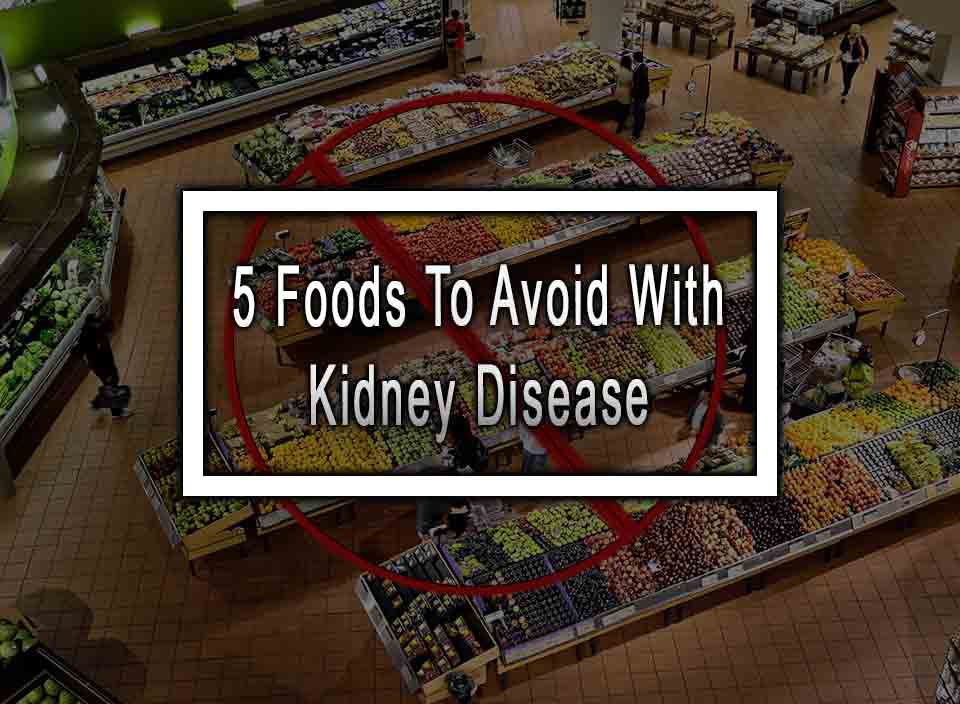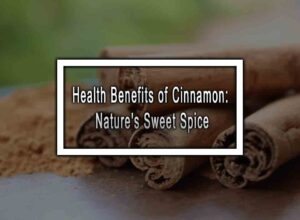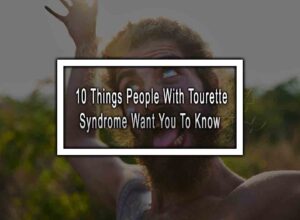Table of Contents
ToggleHere Are The Foods To Avoid With Kidney Disease
Kidney disease is a serious condition that affects millions of people around the world. It occurs when the kidneys are unable to filter waste products from the blood effectively. As a result, these waste products build up in the body, causing damage to the kidneys and other organs. One of the most important steps in managing kidney disease is to avoid certain foods that can worsen the condition. In this article, we will discuss some of the foods that people with kidney disease should avoid.
High-Potassium Foods
People with kidney disease should avoid foods that are high in potassium. Potassium is a mineral that is essential for the proper functioning of the body, but too much potassium can be harmful to the kidneys. Some high-potassium foods to avoid include bananas, oranges, potatoes, tomatoes, spinach, and avocados.
High-Sodium Foods
Sodium is another mineral that people with kidney disease should avoid. Too much sodium can cause the body to retain water, which can put extra pressure on the kidneys. Some high-sodium foods to avoid include processed foods, canned foods, and fast food.
High-Phosphorus Foods
People with kidney disease should also avoid foods that are high in phosphorus. Phosphorus is a mineral that is essential for healthy bones and teeth, but too much phosphorus can be harmful to the kidneys. Some high-phosphorus foods to avoid include dairy products, nuts, beans, and whole grains.
High-Protein Foods
People with kidney disease should also avoid foods that are high in protein. Protein is essential for building and repairing tissues in the body, but too much protein can be harmful to the kidneys. Some high-protein foods to avoid include meat, poultry, fish, and eggs.
Sugary Foods
People with kidney disease should also avoid foods that are high in sugar. Too much sugar can cause the body to retain water, which can put extra pressure on the kidneys. Some sugary foods to avoid include candy, soda, and baked goods.
Conclusion
In conclusion, people with kidney disease should avoid certain foods that can worsen the condition. These include high-potassium foods, high-sodium foods, high-phosphorus foods, high-protein foods, and sugary foods. By avoiding these foods, people with kidney disease can help to manage their condition and prevent further damage to their kidneys. It is also important to work with a healthcare provider or a dietitian to develop a healthy, balanced diet that meets their individual needs. With the right diet and lifestyle changes, people with kidney disease can lead a healthy and fulfilling life.
Foods To Avoid With Kidney Disease FAQ
Here are the most common questions about foods to avoid with kidney disease.
Can I still have fruits and vegetables with kidney disease?
Yes, but it is important to choose fruits and vegetables that are low in potassium. Some examples of low-potassium fruits and vegetables include apples, berries, cucumbers, and green beans.
Should I limit my salt intake?
Yes, it is important to limit your salt intake as consuming too much salt can lead to high blood pressure, which can further damage the kidneys. Aim to consume less than 2,300 milligrams of sodium per day.
What are some kidney-friendly snacks?
Some kidney-friendly snacks include carrot sticks with hummus, apple slices with almond butter, and air-popped popcorn.
Are there any supplements I can take to improve kidney function?
It is important to speak with your healthcare provider before taking any supplements as some can be harmful to those with kidney disease. Some supplements that may be recommended by your healthcare provider include certain B vitamins, vitamin C, and iron.
Can I still drink alcohol with kidney disease?
It is recommended to limit alcohol consumption or avoid it altogether as it can further damage the kidneys and interact with certain medications. Speak with your healthcare provider for guidance on if and how much alcohol is safe for you to consume.
More like this: 7 Benefits Of Alcohol – Drink Moderate












